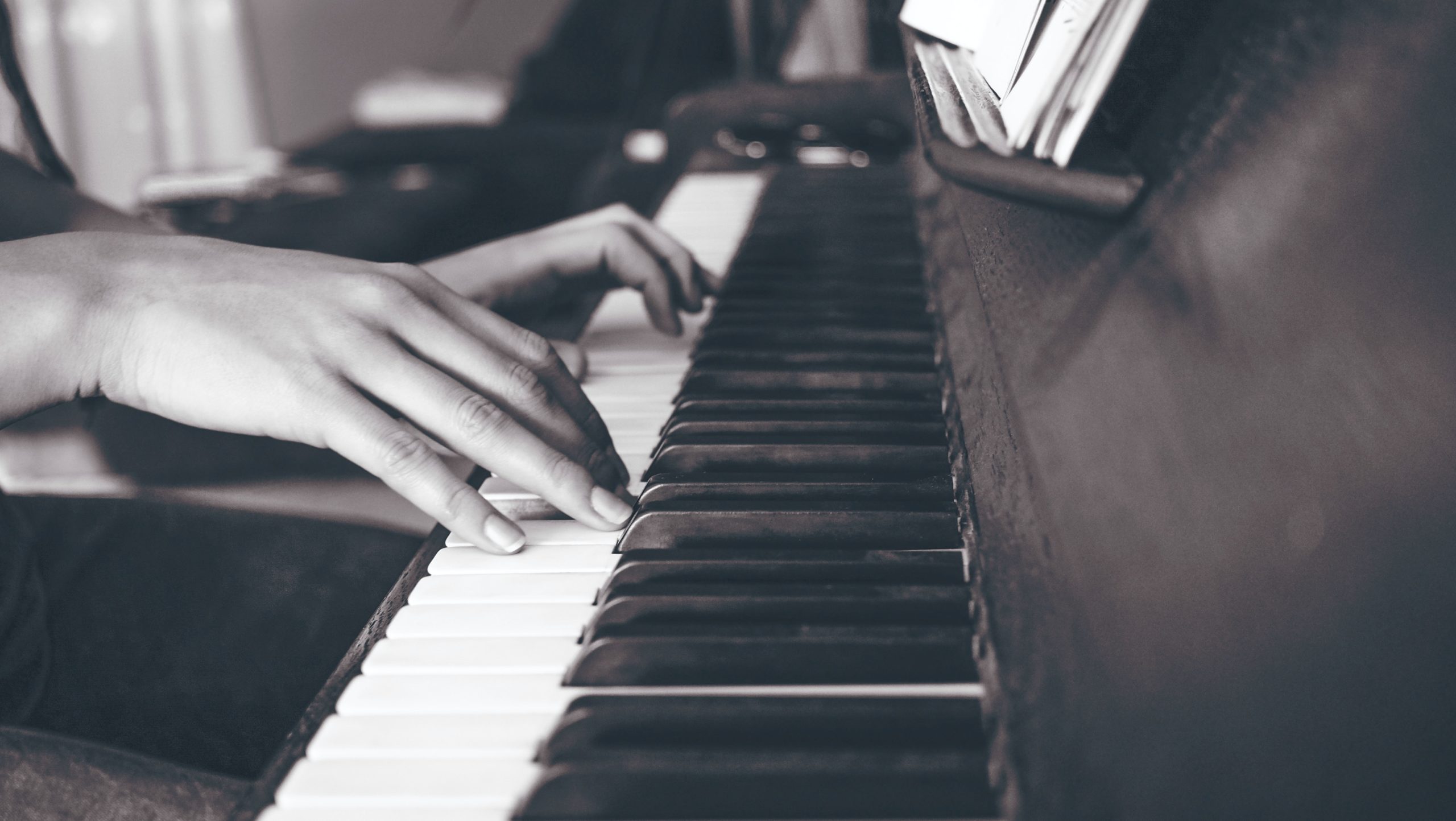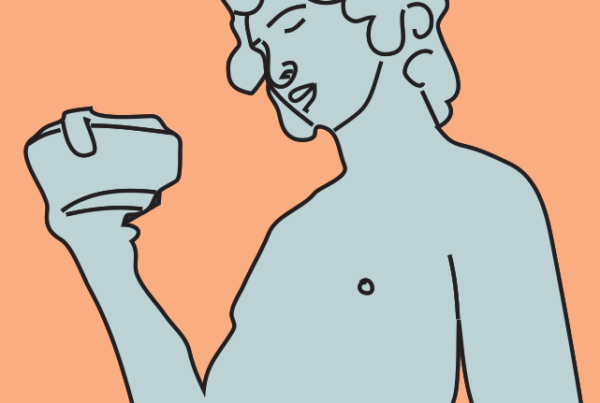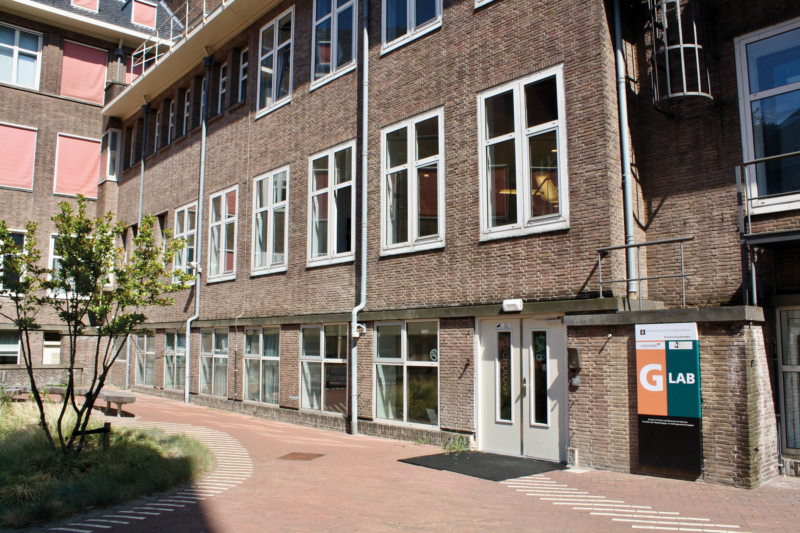
The people of Ukraine have not found peace. However, despite Putin’s ongoing war, they have continued to celebrate music through concerts and raves. These often take place for a limited number of people only – the number that fits in the air raid shelter. Sometimes, they even party outside, with war-zones around the corner.
The truth is, many Ukrainians are probably used to the constant threat of violence by now – as much as one can get used to such tragedy. But music – as most have experienced – has the power to make people have fun, feel better, and unite despite tragedy. In fact, when listening to music, the same neurobiological process of pleasure kicks off as if we are eating, having sex, or receiving money.
The neurobiology of pleasure is simple. Our brain likes to fine-tune its expertise about our environment by tracking and making predictions about it. If the predictions were correct, it releases the ‘feel-good’ chemical dopamine to reward us. This is the basis of how we learn to navigate our complex world – by chasing dopamine treats. Unfortunately, the brain may deprioritize dopamine treats if you have your life, family, and country to worry about. However, it can still find ways to get some – like through music.
When listening to music, our brain plays the same prediction game: it tracks the music, makes predictions, and rewards us. We feel more or less certain in our predictions depending on how familiar the music is. Dopamine is released in two situations when listening to a sequence of chords: First, when we make a correct prediction about which chords follow in a song despite feeling uncertain. Secondly, when we make a prediction mistake and get surprised by the chord progression, despite having felt certain. Music is not only a quick and easy generator of pleasure, however. It has been found to simultaneously suppress pain-systems in the brain. Hence, with the right mix of expectation and surprise, music can help Ukrainians let loose, and forget about their reality, even if only for the length of a song.
A few weeks ago, my coworker showed me a video depicting his partner and her friends playing music on a rooftop while air raid sirens rang out. They ignored the alarms, and as long as they are safe, I hope they are still playing.

Photo by Cristina Gottardi on Unsplash
The people of Ukraine have not found peace. However, despite Putin’s ongoing war, they have continued to celebrate music through concerts and raves. These often take place for a limited number of people only – the number that fits in the air raid shelter. Sometimes, they even party outside, with war-zones around the corner.
The truth is, many Ukrainians are probably used to the constant threat of violence by now – as much as one can get used to such tragedy. But music – as most have experienced – has the power to make people have fun, feel better, and unite despite tragedy. In fact, when listening to music, the same neurobiological process of pleasure kicks off as if we are eating, having sex, or receiving money.
The neurobiology of pleasure is simple. Our brain likes to fine-tune its expertise about our environment by tracking and making predictions about it. If the predictions were correct, it releases the ‘feel-good’ chemical dopamine to reward us. This is the basis of how we learn to navigate our complex world – by chasing dopamine treats. Unfortunately, the brain may deprioritize dopamine treats if you have your life, family, and country to worry about. However, it can still find ways to get some – like through music.
When listening to music, our brain plays the same prediction game: it tracks the music, makes predictions, and rewards us. We feel more or less certain in our predictions depending on how familiar the music is. Dopamine is released in two situations when listening to a sequence of chords: First, when we make a correct prediction about which chords follow in a song despite feeling uncertain. Secondly, when we make a prediction mistake and get surprised by the chord progression, despite having felt certain. Music is not only a quick and easy generator of pleasure, however. It has been found to simultaneously suppress pain-systems in the brain. Hence, with the right mix of expectation and surprise, music can help Ukrainians let loose, and forget about their reality, even if only for the length of a song.
A few weeks ago, my coworker showed me a video depicting his partner and her friends playing music on a rooftop while air raid sirens rang out. They ignored the alarms, and as long as they are safe, I hope they are still playing.


